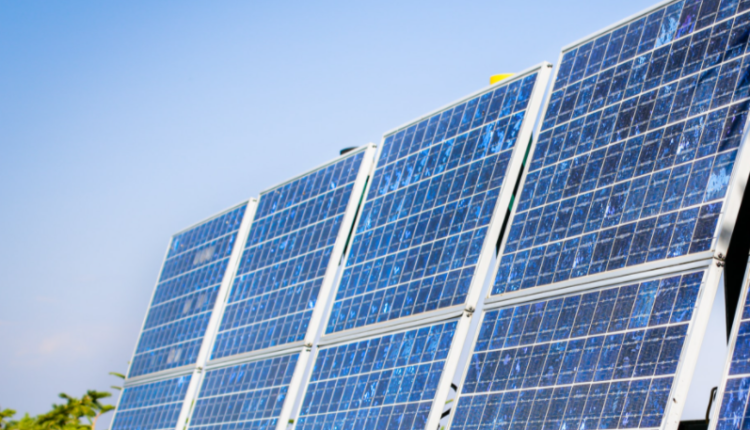Amplus Solar: Evaluating the Revamping & Repowering opportunity of Solar PV Assets
Every PV (photovoltaic) solar energy system gradually decreases in efficiency as time passes, with its productivity being reduced by the weather, general wear and tear, and outmoded technology. However, there is a new way to spruce and revamp the life of your PV solar system and increase performance to yield more PV solar energy. To understand what this entails, let us look at the basics of repowering your solar energy monitoring system.
What is repowering?
Repowering your solar PV is a method of asset management as it allows the customer to increase the production of solar energy that might have slowed with age by replacing defunct parts of the system with newer technology. Thus, it’s a method of extending the life of your solar system by substituting older pieces with the latest models. There is also the added benefit of accessing the newer upgrades in the forms of productivity and aesthetic that the latest technology has to offer, at a much more competitive price than buying a whole new system.
How is repowering done?
Since the idea of repowering is based on replacing defunct or unproductive parts of your solar system with the latest and higher functioning models, the parts that will be repaired are specific to different cases. However, there are multiple solutions to boost the PV solar system’s performance including replacing certain cells, adding tilt trackers that can follow the path of the sun to maximize sunlight absorbed, or even adding newer batteries that can stretch the solar energy storage capacity. The effectiveness of the above solutions, and more, can then be assessed by an energy monitoring system to ascertain that the system is functioning better.
Why should you choose repowering?
Repowering older PV systems have several varying benefits, for the customer and for the planet. For the former, the biggest benefit is that it is the cheapest way of gaining all the benefits of newer solar technology and acts as a method of preventing your PV solar energy production from decreasing. For the latter, it is a minimum waste way of updating solar PV asset management without creating unnecessary material wastage, as might happen when the whole system itself is replaced. With repowering, only selected parts of the model are substituted, decreasing unnecessary debris, while ensuring that the product is functioning perfectly. Lastly, as the reliability of the system declines, the cost of operating increases, so to save money in the long run, repowering is the best option.
If your PV solar system is older than 10 years old, it might be time for an upgrade.
To know more, please check Amplus Solar.

